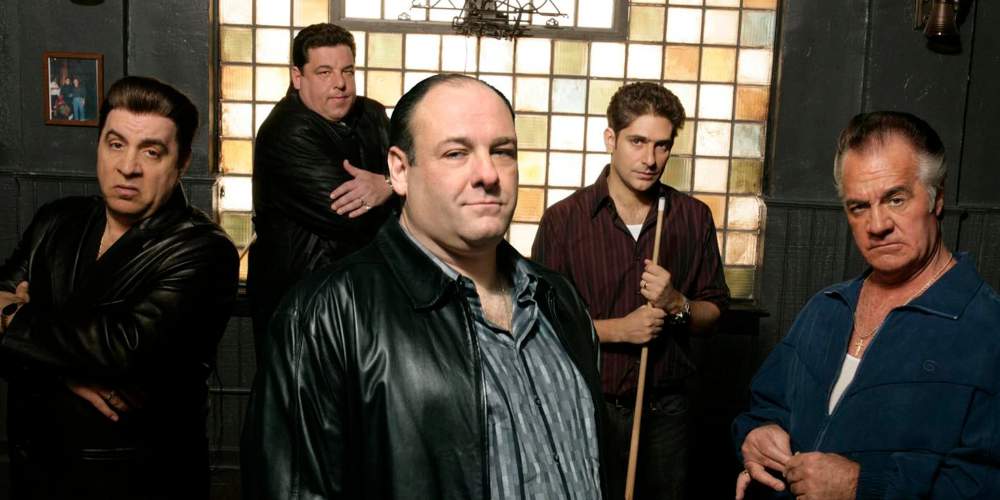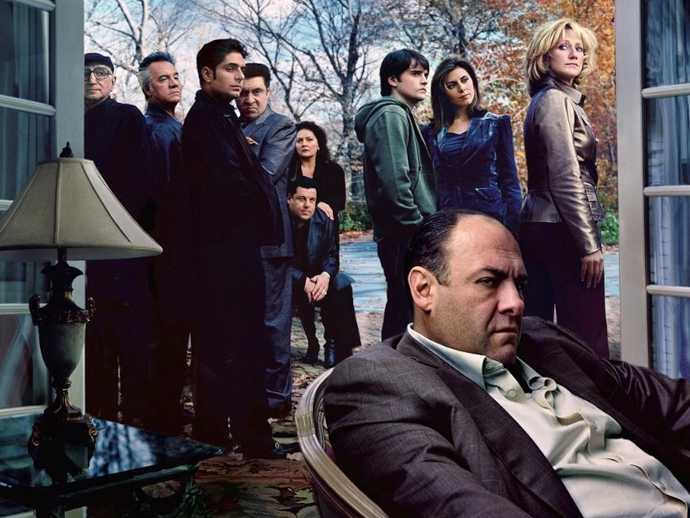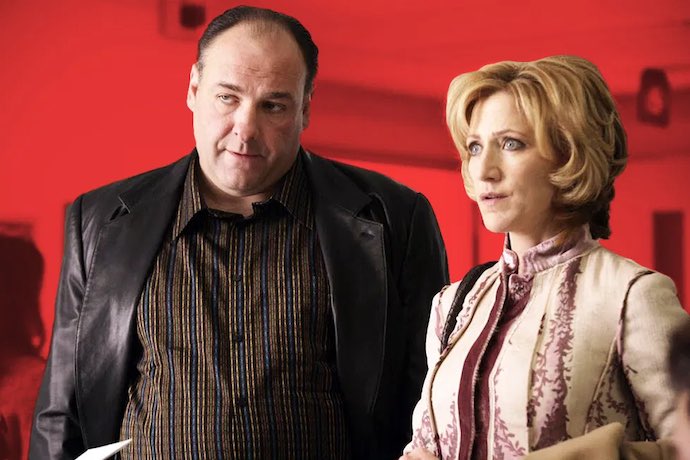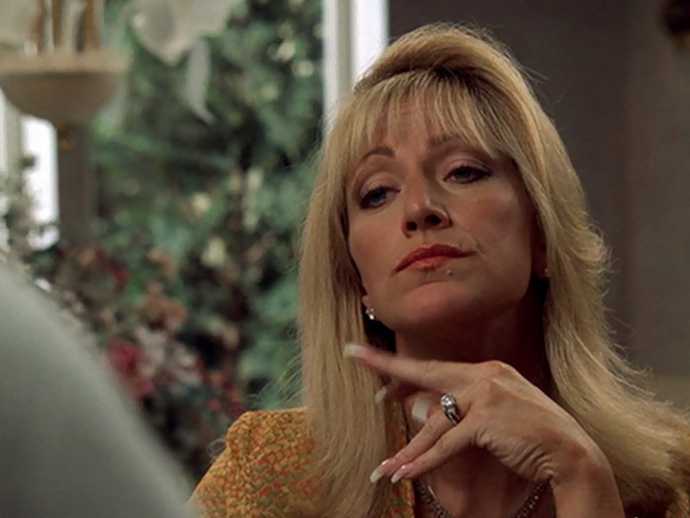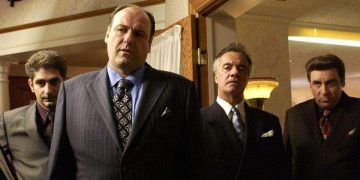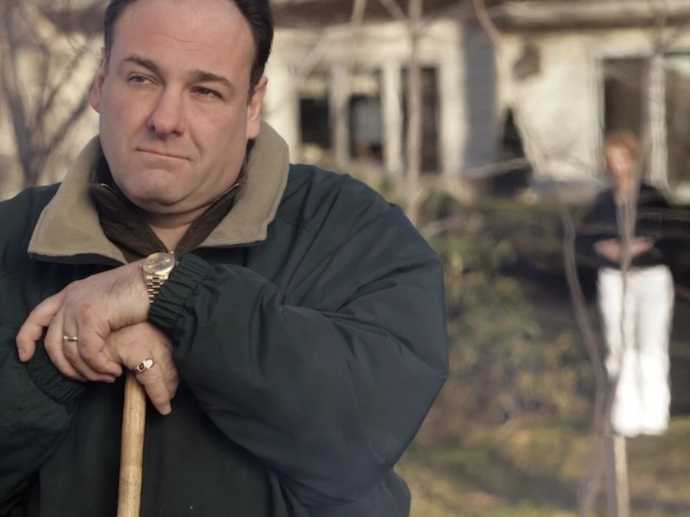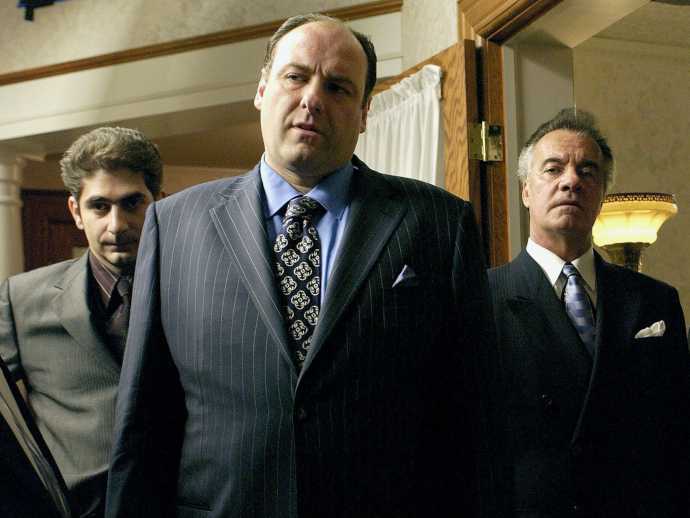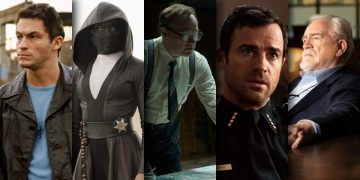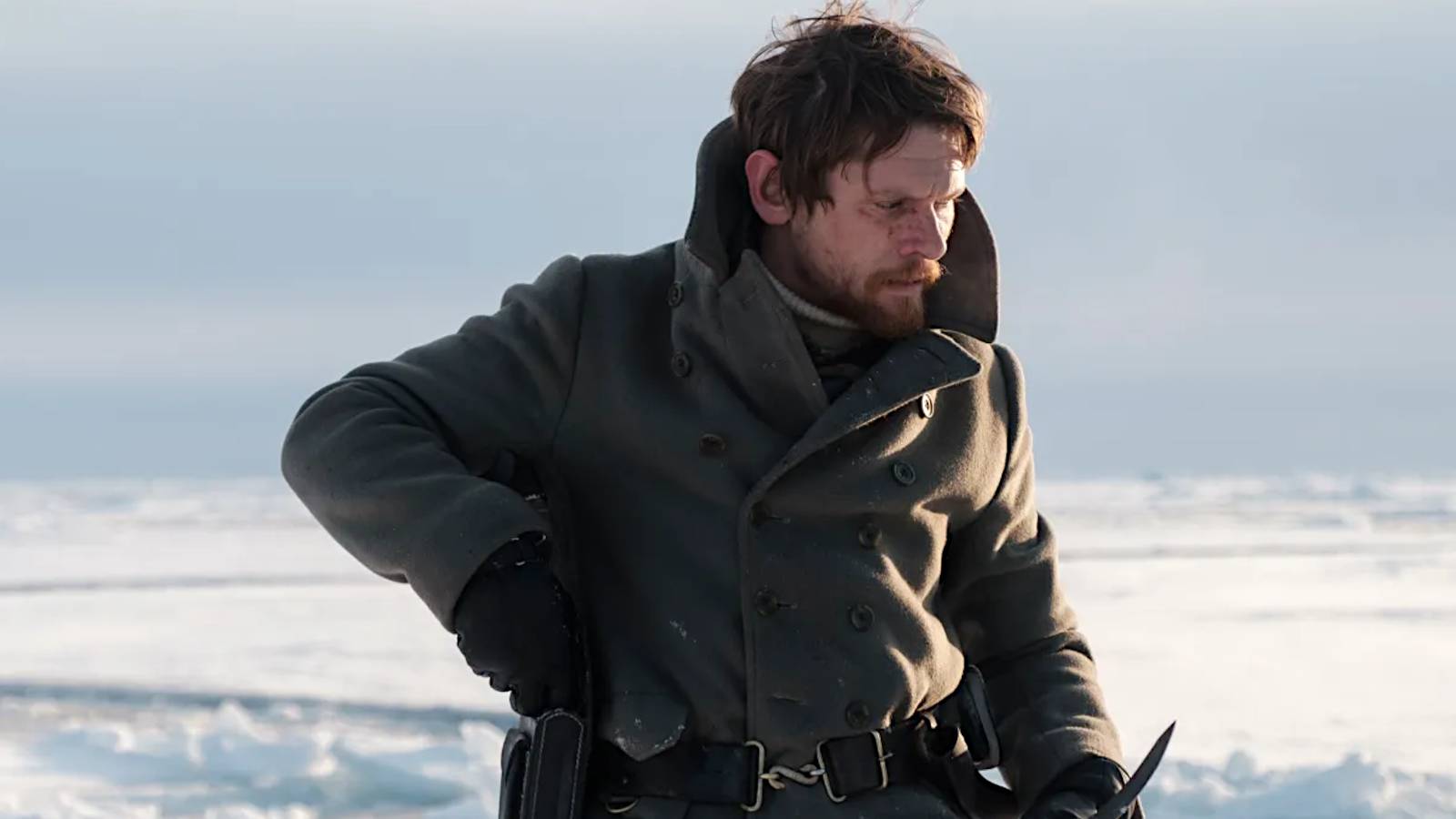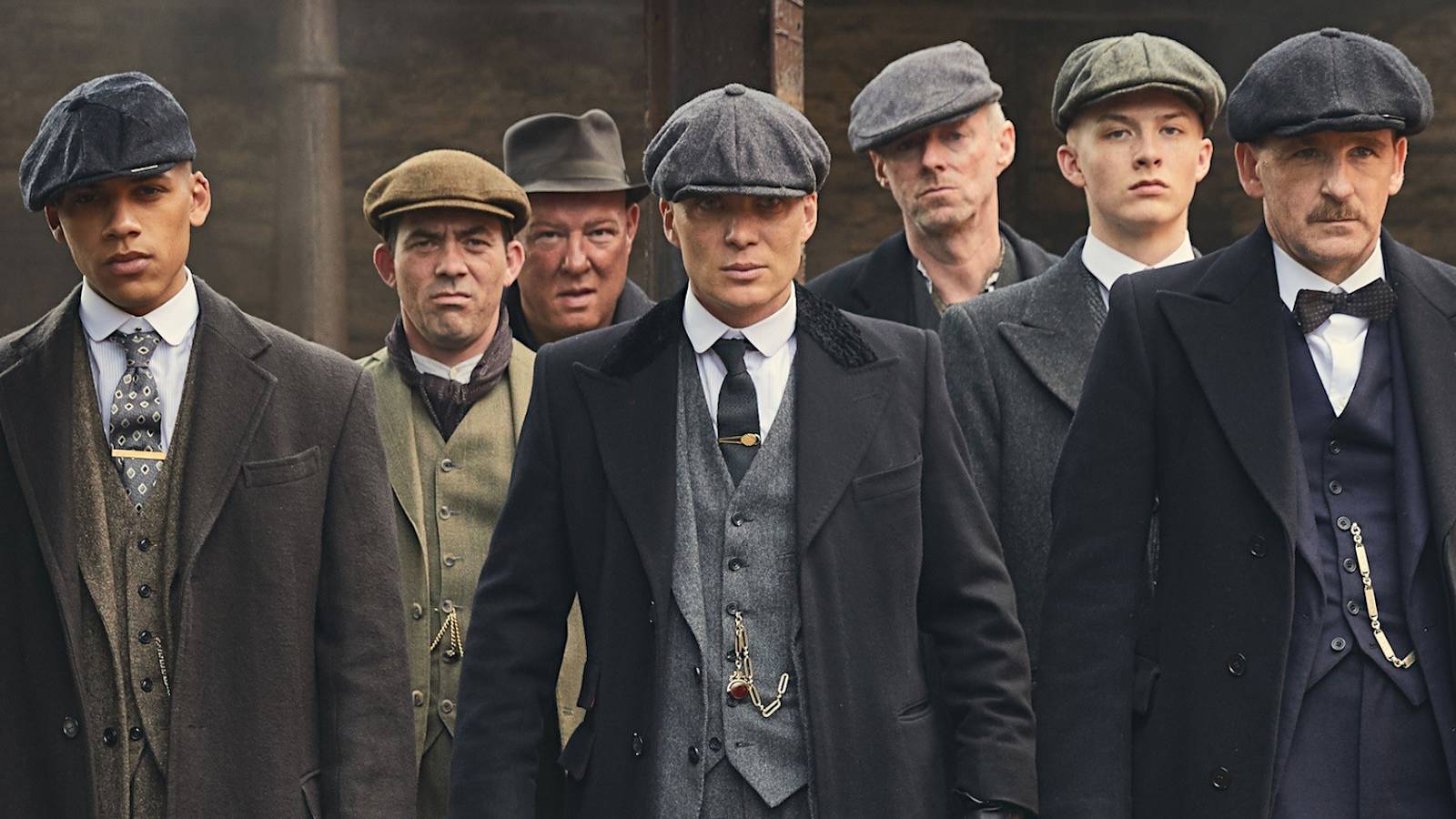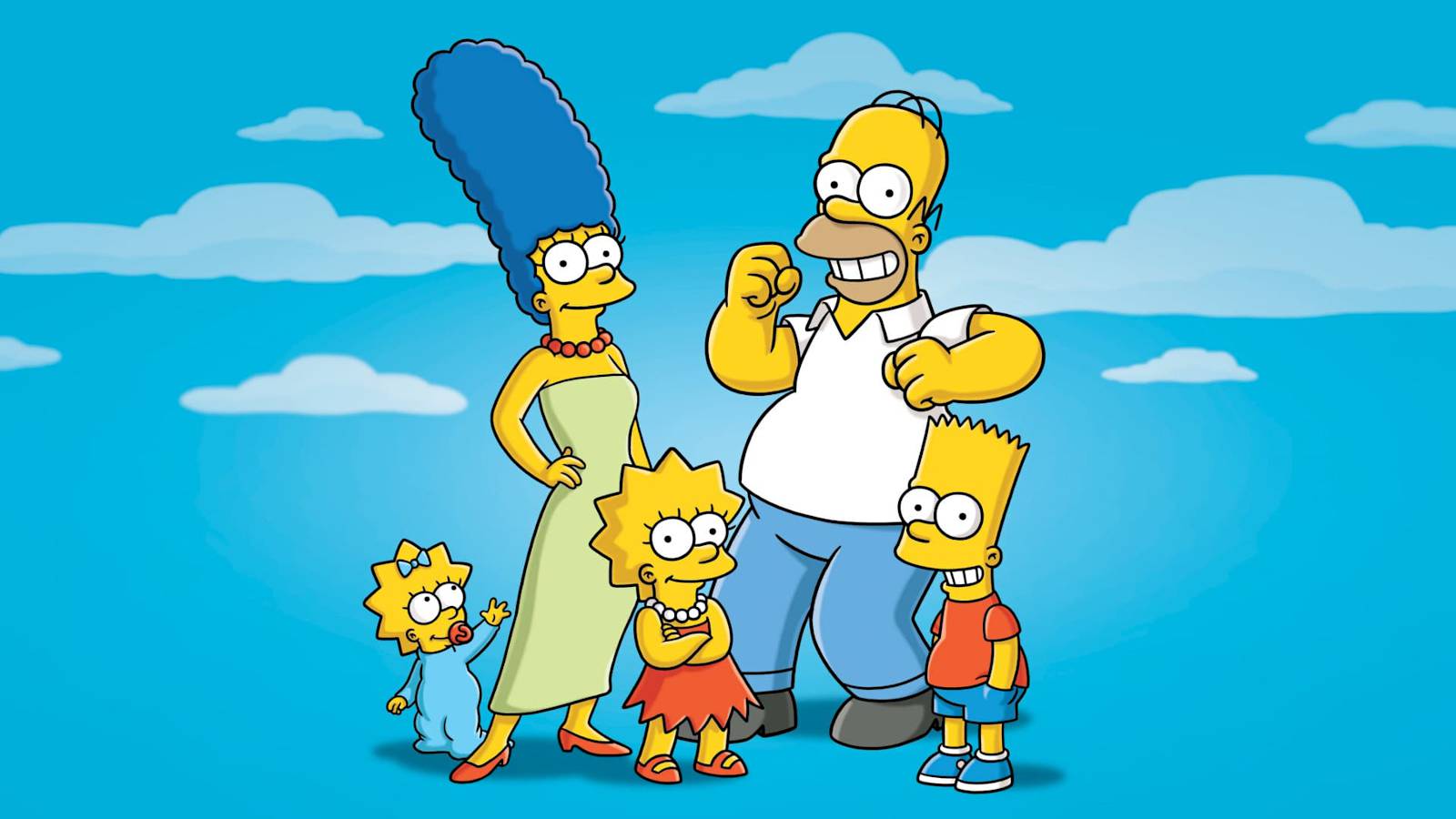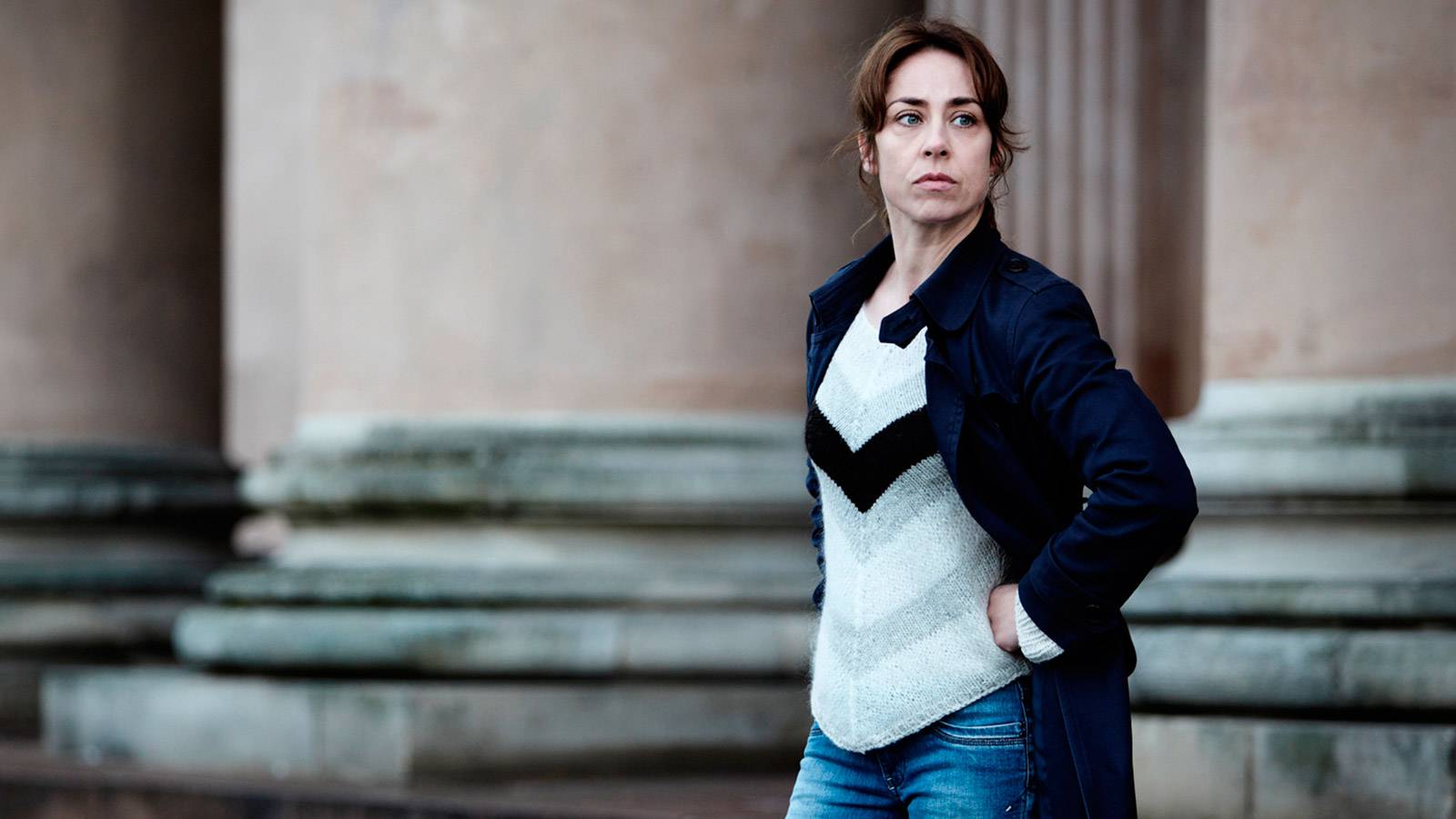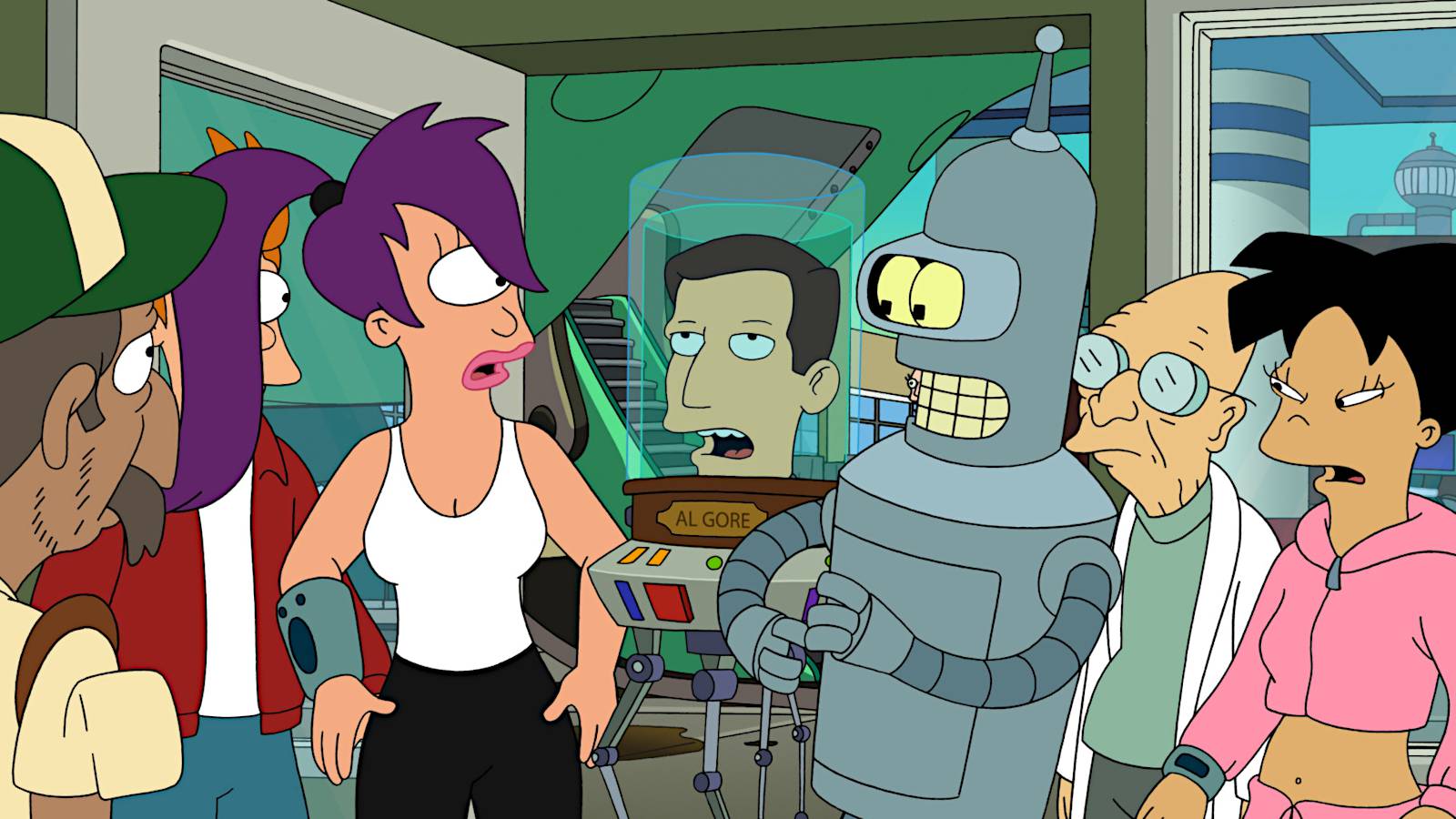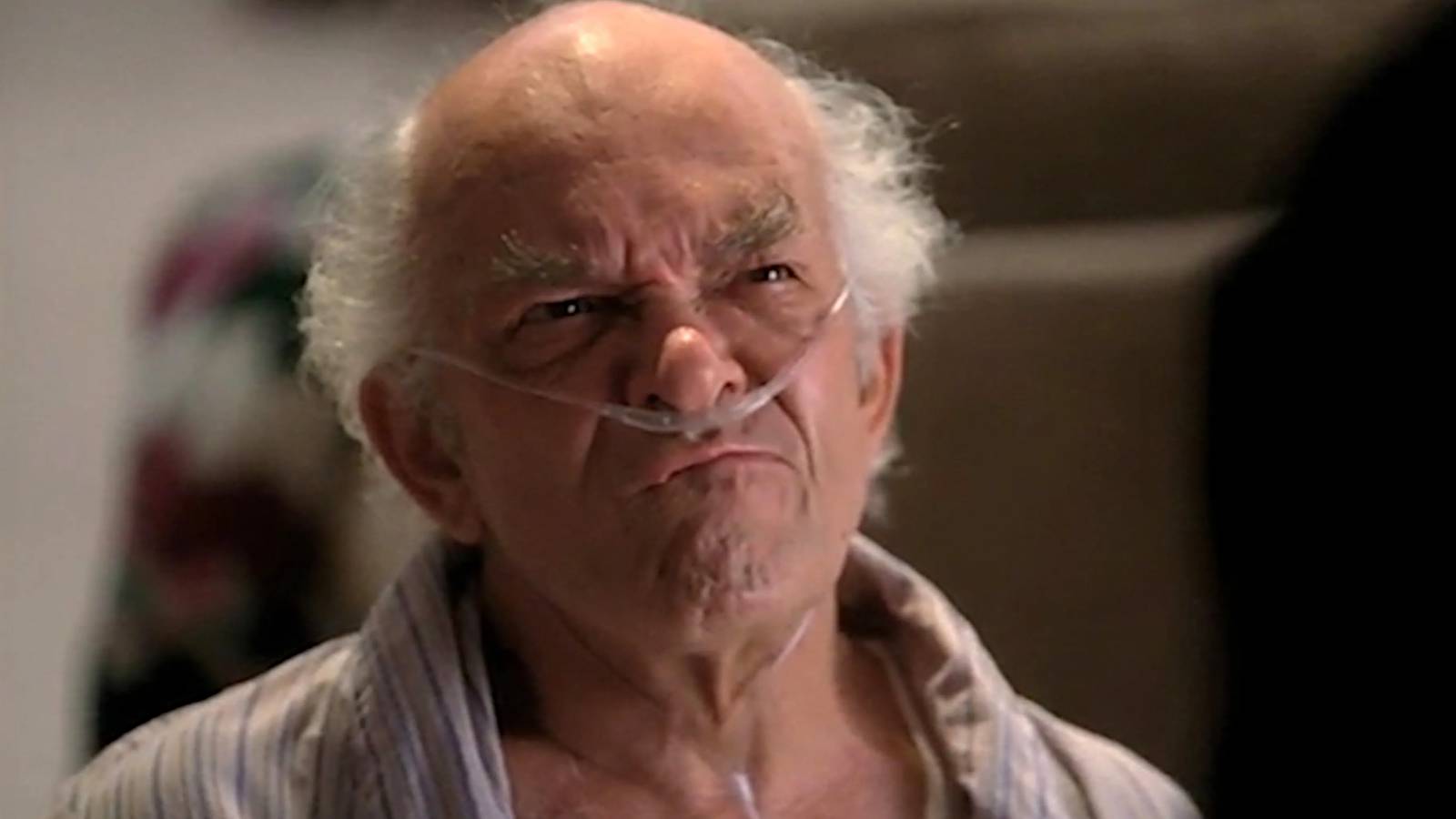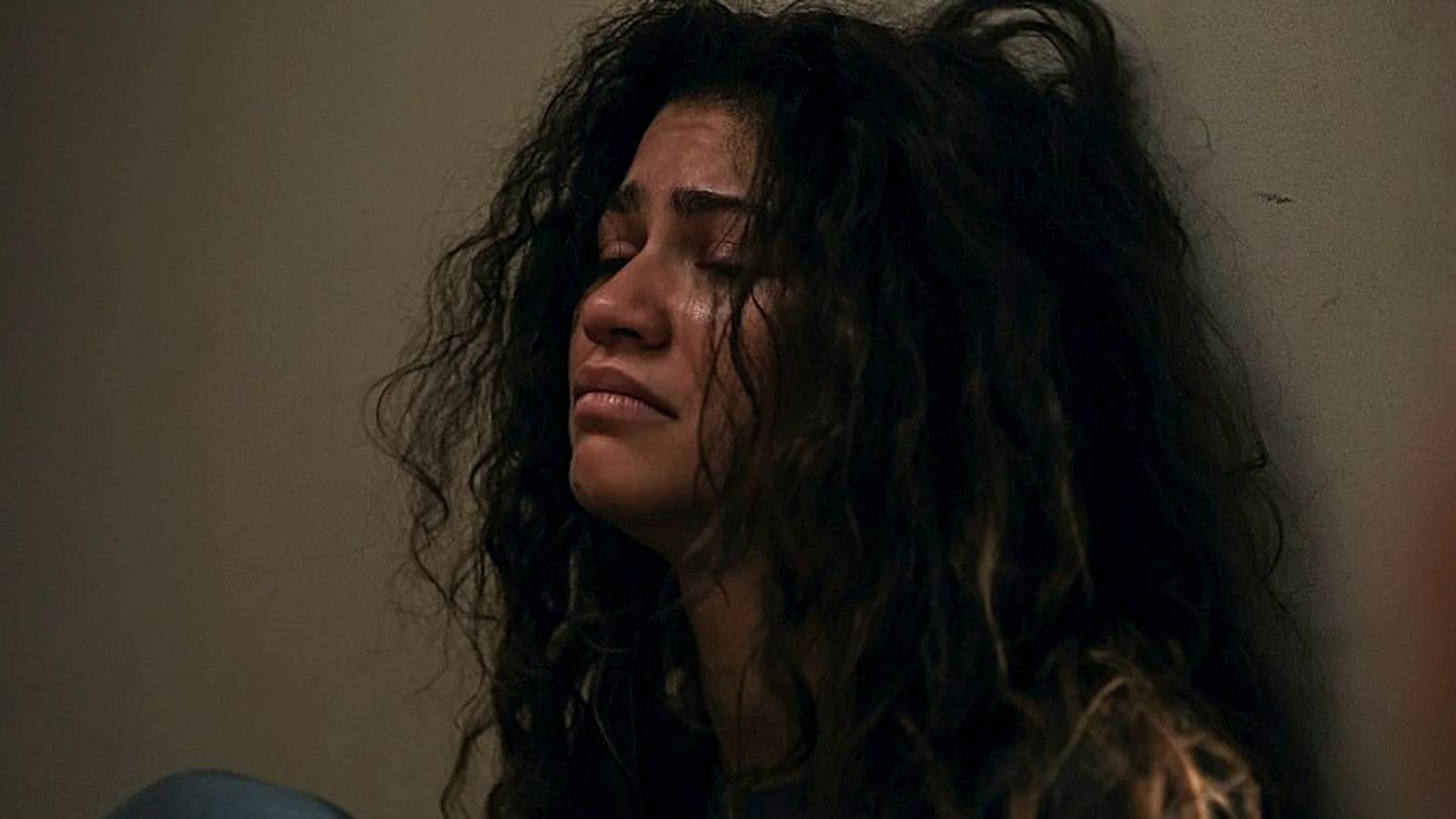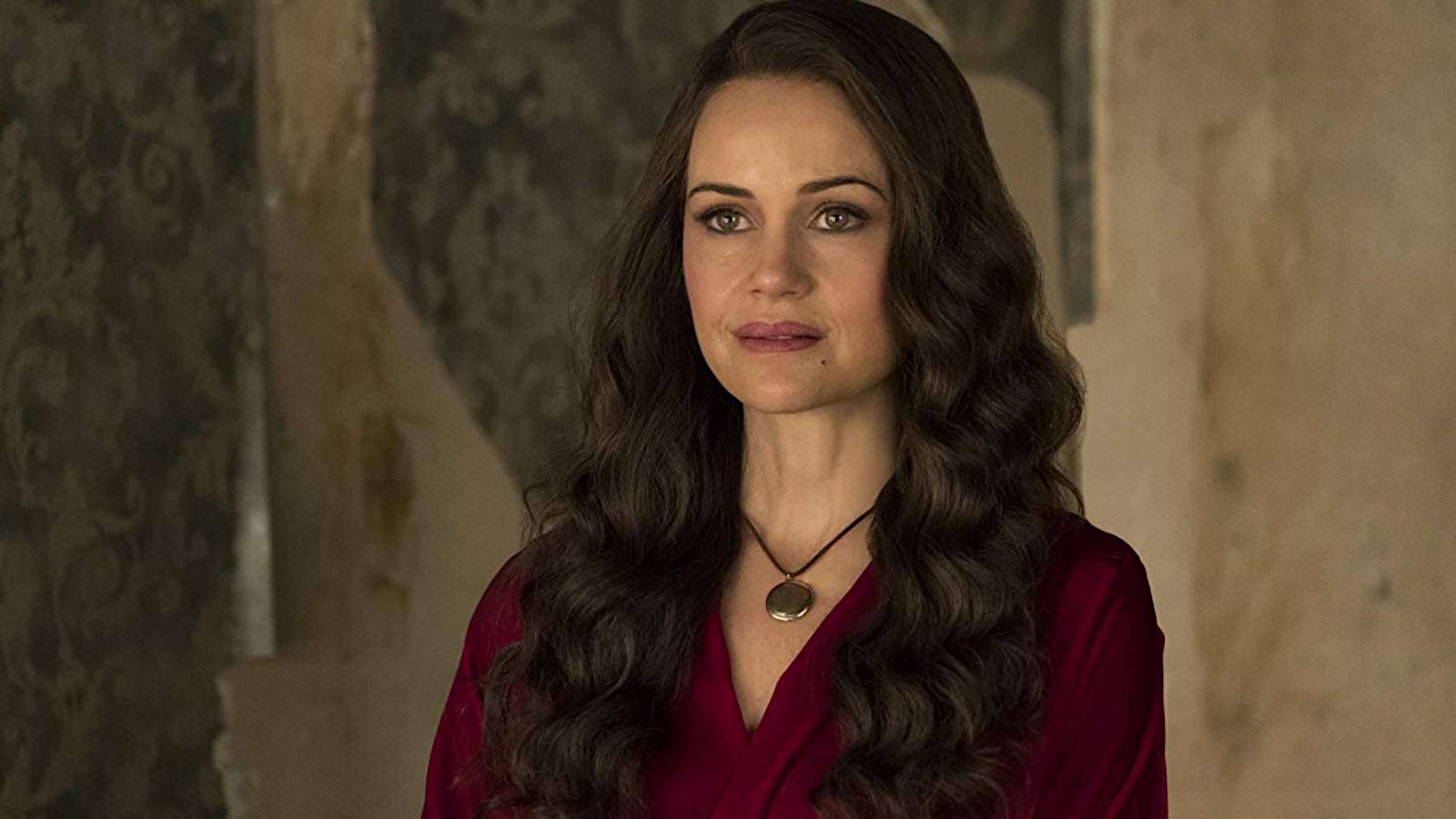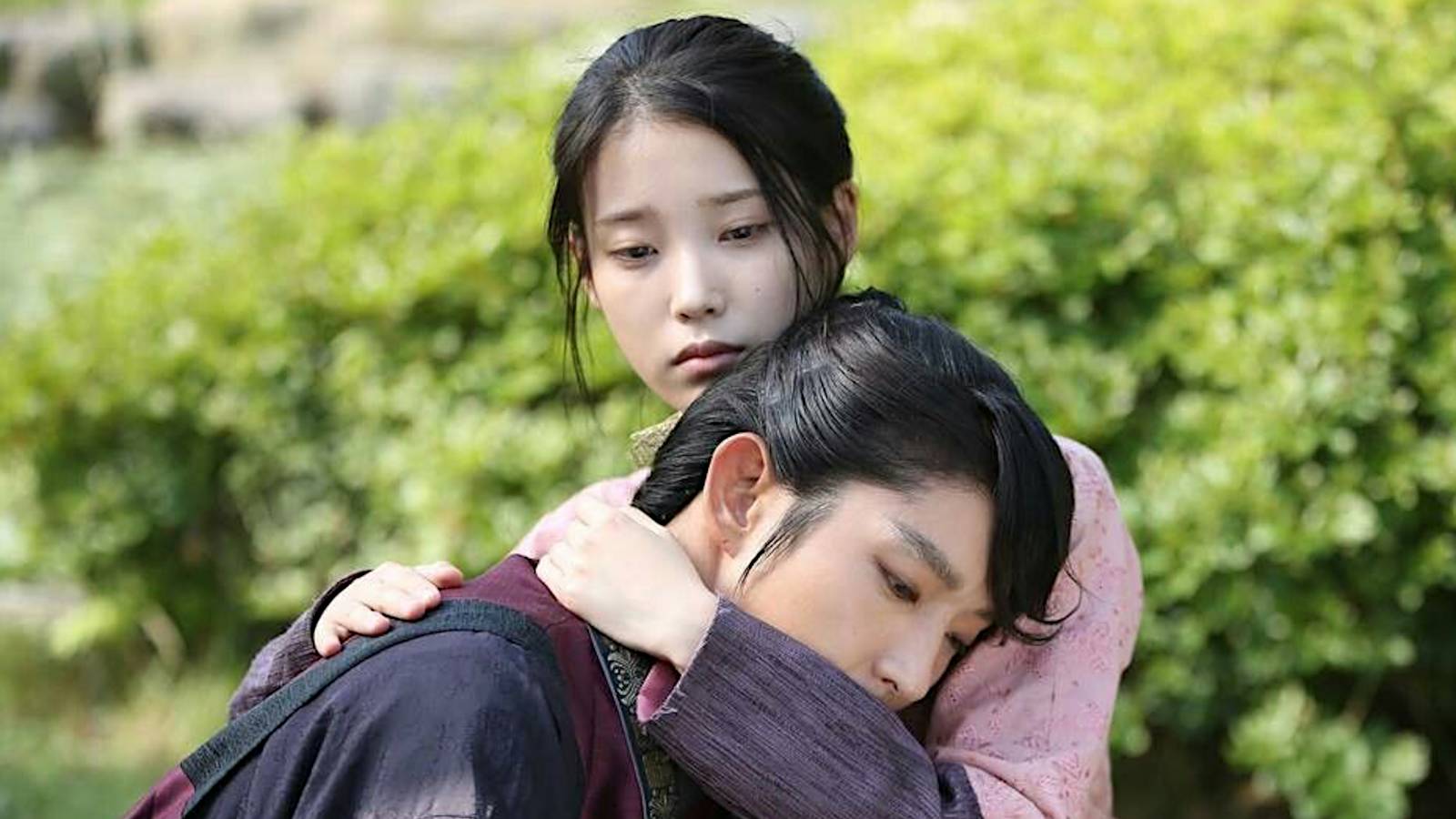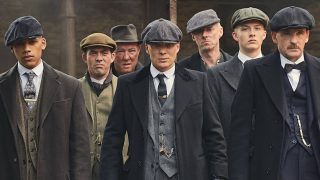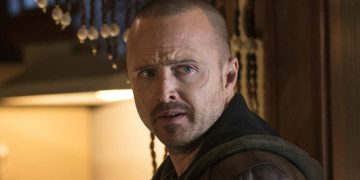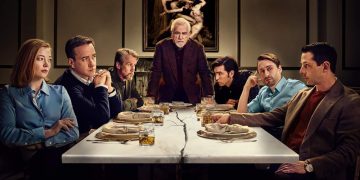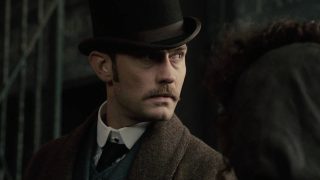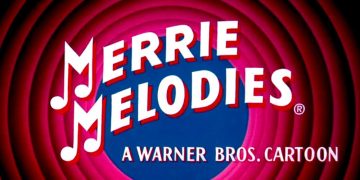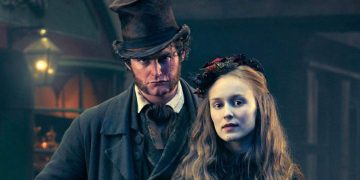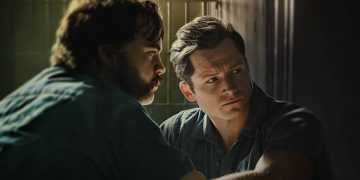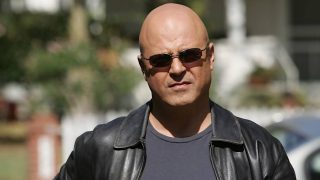The Sopranos: Leading Performances
To this day, even as audiences swoon over the antics of Jesse Pinkman and Walter White, it has to be said that nobody has created a character that yet touches what James Gandolfini did with Tony Soprano.
He is TV’s original anti-hero, the mob boss that left the suit behind and made bowling shirts cool. What Gandolfini presented to the audience was a wholly three-dimensional person, a person who struggled to maintain his business affairs and his family obligations.
Tony wasn’t a hidden Michael Corleone type. He was a member of society who existed in the modern world, who had children to whom he was a father, who worked a career. In that way, everybody on some level can always connect to Tony’s frustrations.
The same has to be said of Edie Falco’s Carmela Soprano. Just as nobody has come close to toppling Tony as TV’s greatest leading male character, Carmela hasn’t yet been sighted by another actress on the quest to create a better leading female character.
Her ability to cut through Tony’s lies and general attitude—often with nothing more than a comment—and still be the glue that holds her family together was nothing short of a fully rounded performance that attained rare perfection.
Other amazing actors and actresses have graced the small screen with sublime performances in the past few decades, but none has ever been as realized or influential as either Gandolfini or Falco.
Related:The Best Sopranos Characters, Ranked (And Why We Love Them)
The Sopranos: Intricate Storytelling
Great actors are nothing without great material, and the material inThe Sopranosis as good as TV has ever gotten. David Chase’s vision for the series was wholly different to anything else at the time.
The evolving character arcs were the result of careful planning and detailed writing. The series pushed the point that organized crime is more than an old man sat behind a desk on the day of his daughter’s wedding—it’s something real, built into the fabric of society.
The realism ofThe Sopranosis partly what made it appeal to real-life mobsters. Some FBI agents have even revealed that they’ve overheard real criminals talking about the show on Monday mornings, mostly to comment on how real the show was (and apparently wondering if the series had people on the inside consulting on it).
The talent within the writer’s room was just as essential to the series' narrative success. Alongside creator David Chase were Matthew Weiner and Terrence Winter, who went on to create their own acclaimed series inMad MenandBoardwalk Empire.
Related:The most epic TV series
The Sopranos: Lasting Legacy
In many ways,The Sopranoswas a perfect storm of elements that all came together in the right way: a writing team comprised of creative geniuses, a cast of actors and actresses who put in career-defining performances, and a network that was willing to take huge risks.
The result? It wasThe Sopranosthat showed audiences that TV could be so much more than what it was. This was the series that made viewers realize that they did want more from TV—better stories, better acting, better cinematography, better everything.
In the end,The Sopranoschanged television forever by launching the “Golden Age” in which we’re living right now. Without it, there would be none of the later hits that ultimately stood on its shoulders.
And despite all that, it’s still a great show. IfThe Sopranosdebuted right now, it’d easily be reviewed as one of the best airing TV series. And that’s whyThe Sopranosis still the greatest TV series ever made.
Read next:The best HBO TV series of all time



![]()
